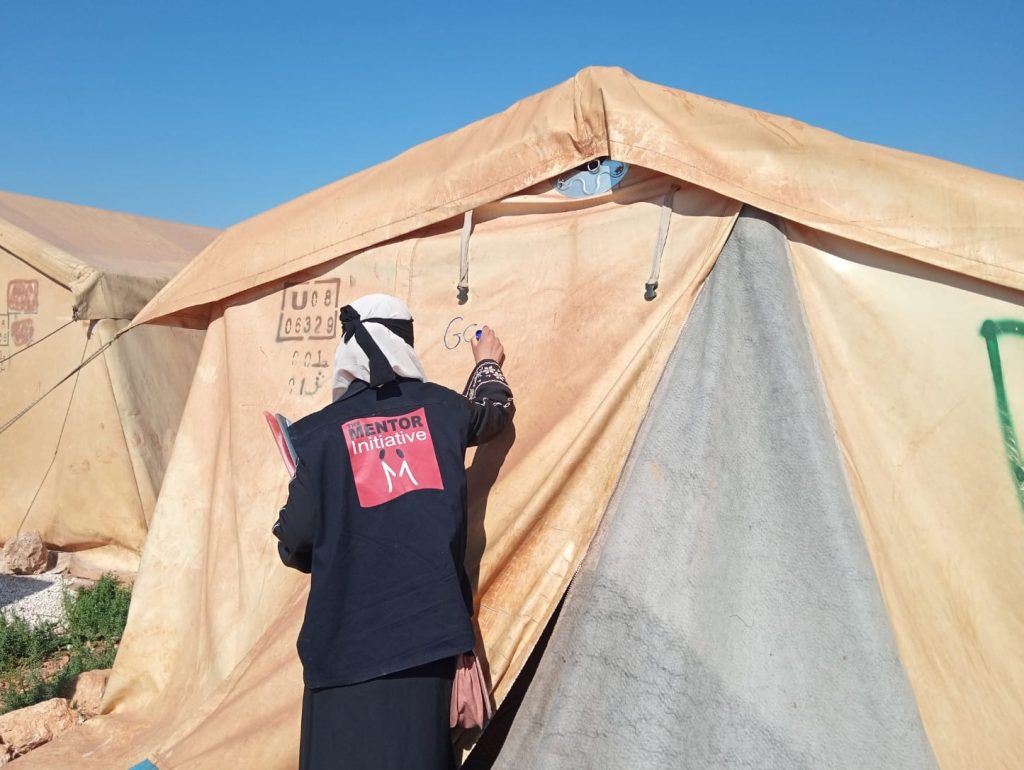Research from a trial evaluating the efficacy of Mosquito Shield™ spatial repellent in reducing cases of cutaneous leishmaniasis in displacement camps in North-East Syria was published in BMC Medicine journal on 3 July.
The results are significant and provide the first demonstrable impact of spatial repellents on cutaneous leishmaniasis (CL) transmission, particularly in fragile, humanitarian settings. The findings showed:
▪️ 48% reduction in CL incidence
▪️ 78% reduction in female sandfly density
▪️ High community acceptance and usability
Link to the paper 👉 https://rdcu.be/euMrq
Since the study (April 2021 to 2022) a newer version has been developed by SC Johnson called Guardian™ which has proven to be effective in reducing multiple vectors such as mosquitoes and flies for up to a year.
Last month over 44,000 Guardian spatial repellents were delivered to more than 7,000 displaced households in Al-Dana camps in North-West Syria, where thousands of families face threats from various disease transmitting vectors, including sandflies.
Poor sanitation, extreme heat, inadequate health services, ongoing population movement and reduced humanitarian aid mean the risk of leishmaniasis outbreaks has never been higher.
The large-scale campaign in collaboration with Grand Challenges Canada and SC Johnson aims to distribute 100,000 Guardian spatial repellents by the end of August, focussing on protecting children, pregnant women, elderly people, and those with chronic illnesses.
“People are happy with Guardian, as it’s safe for their health. Guardian works silently without electricity, is non-toxic, and eco-friendly – perfect for fragile humanitarian settings. Many residents call it a “Guard” that protects their homes and gives peace of mind.
“Despite all the challenges, our team brings care, trust and protection. In areas with limited health services and heavy insect presence, Guardian helps reduce insect-borne diseases and improve public health.” – Issa Alshamaly, The MENTOR Initiative Programme Manager, North-West Syria.
This work was supported by Grand Challenges Canada. Grand Challenges Canada is funded by the Government of Canada and is dedicated to supporting Bold Ideas with Big Impact®.
- News
Research from spatial repellent trial in Syria published in BMC Medicine journal
- Kathryn Johnson

